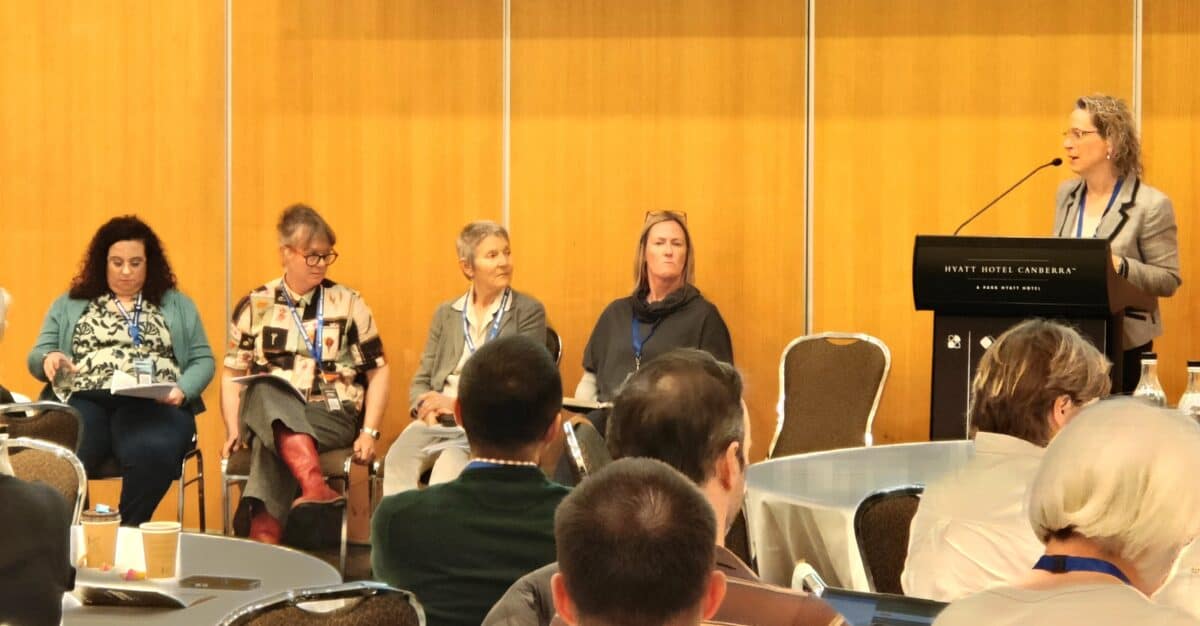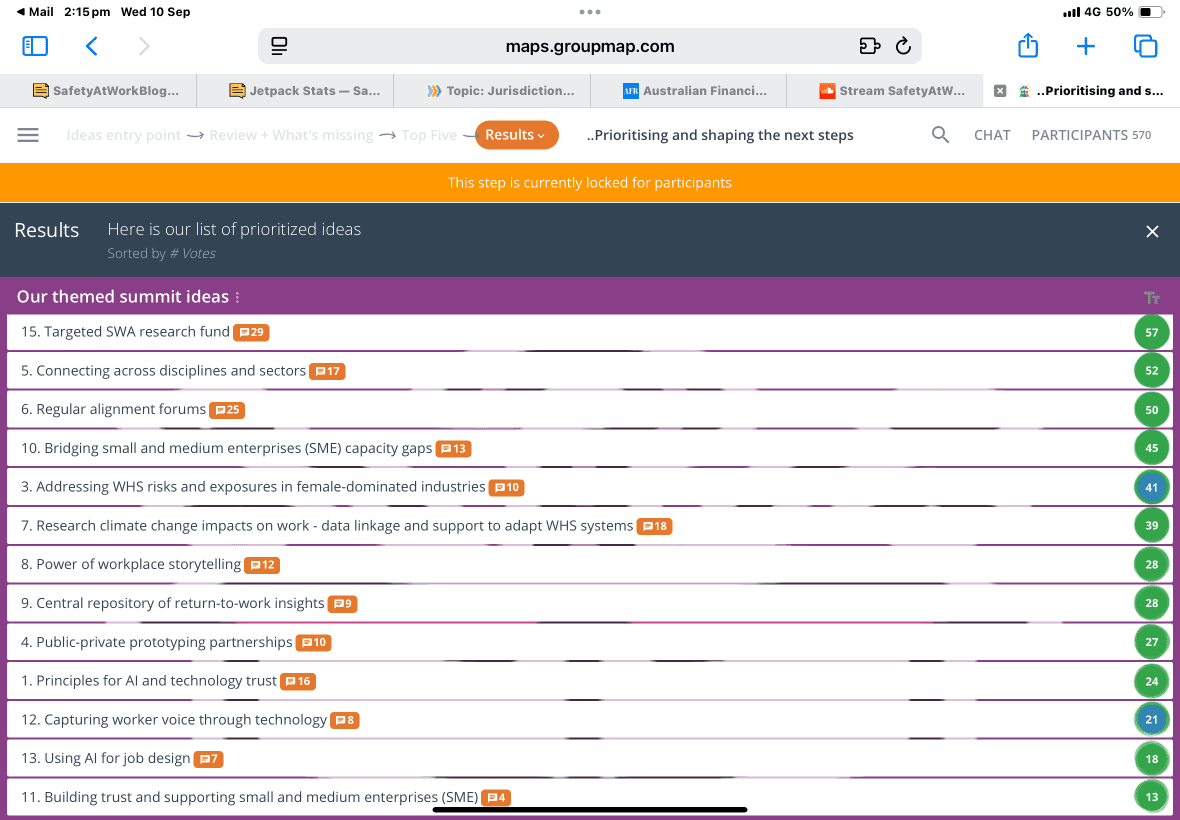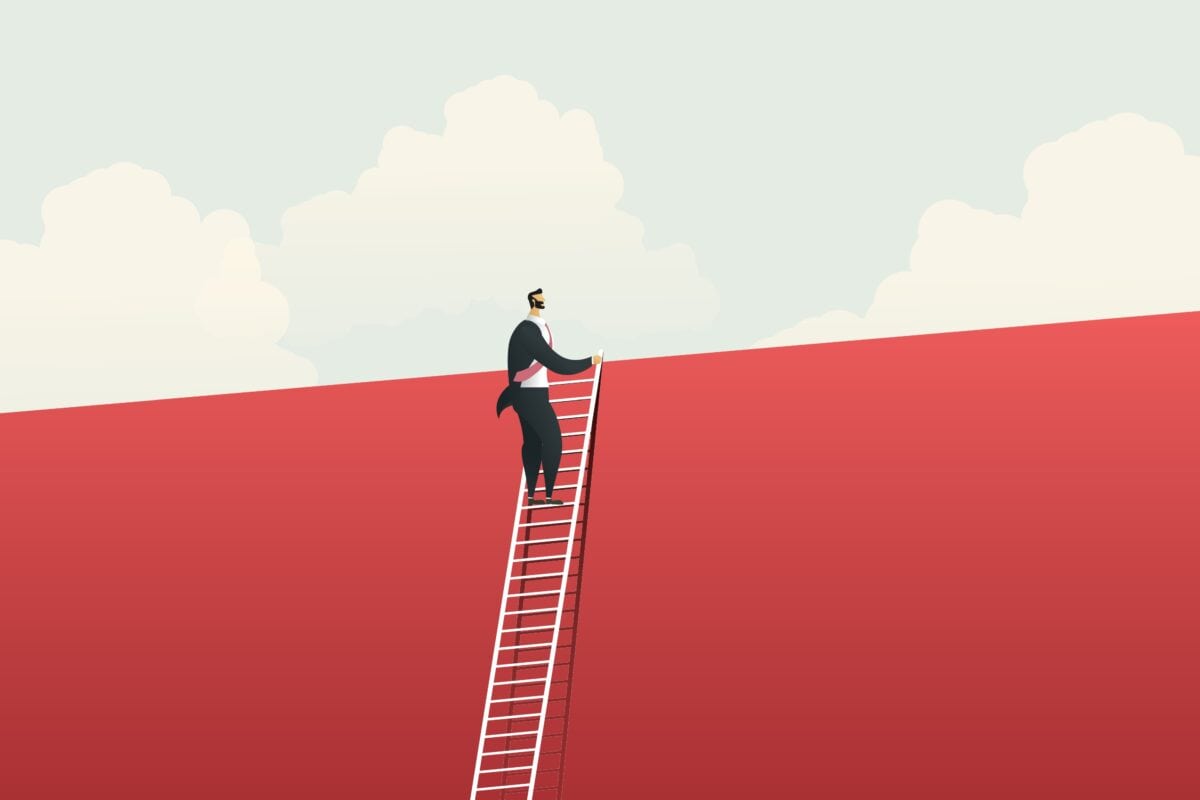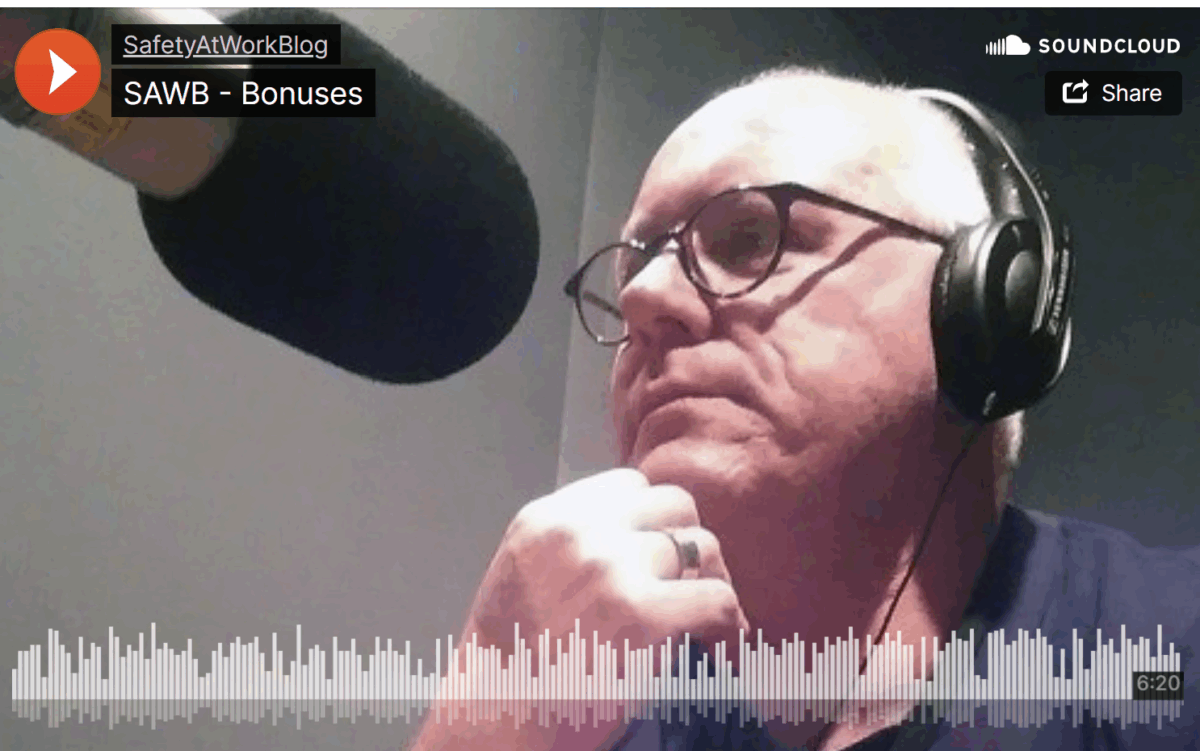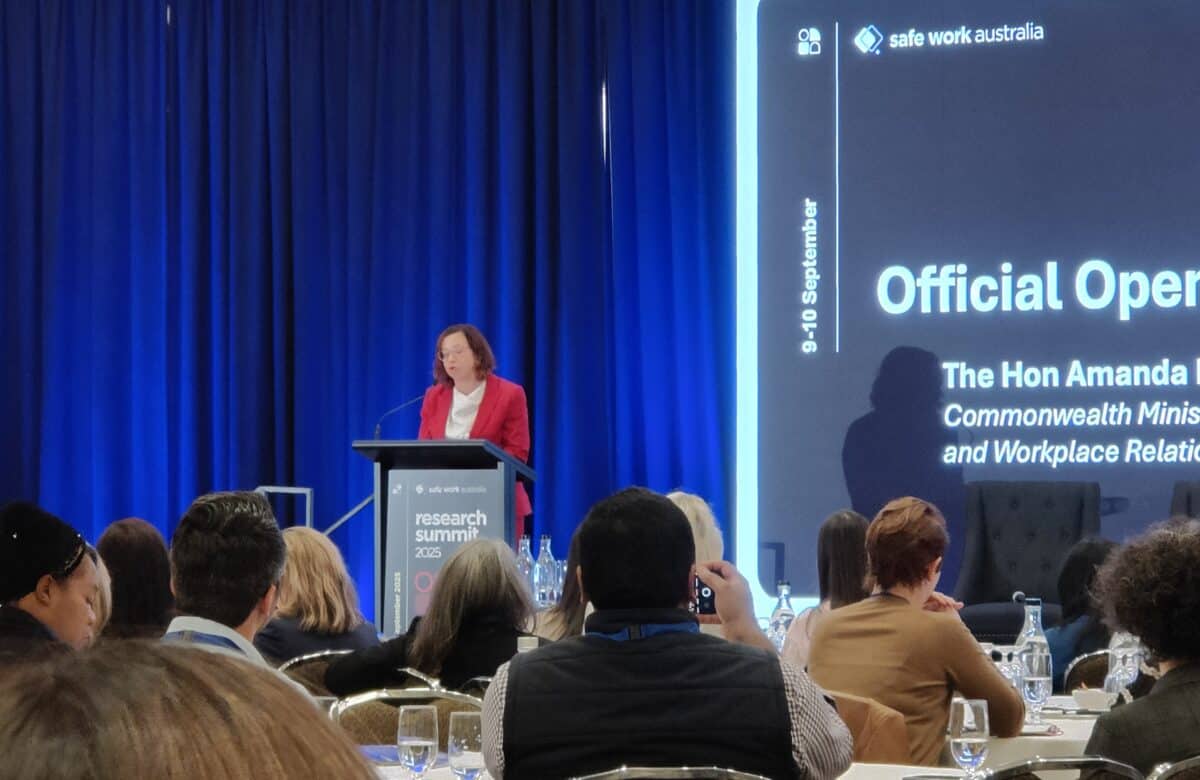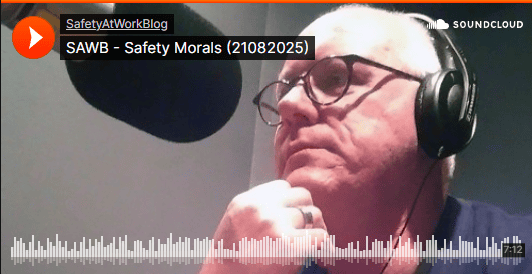Safe Work Australia’s recent Research Summit conducted several workshops. Time allowed delegates to only attend two of the eight – a morning and an afternoon. The standout seminar I attended was for “Work as a determinant of our psychological health”.
Category: OHS
Inside the Room Where Safety Happens
There are several ways to write about Safe Work Australia’s recent Research Summit. This is the first article and will discuss a couple of features of the summit and ask if the summit achieved its aims.
Balancing Acts That Miss the Point
One of the aims of Australia’s Model Work Health and Safety Act is to
“… provide a balanced and nationally consistent framework to secure the health and safety of workers and workplaces.” (page 5, Best Practice Review of the model Work Health and Safety laws – Discussion Paper, September 2025)
There are several ways to interpret “balance” – an equilibrium/harmony or the process for weighing interest, a noun or a verb. I am not sure that ‘balance’ or ‘balanced’ are suitable terms in a document that should provide clear guidance on occupational health and safety (OHS) matters. It may be an example of how an inexactitude can lead to over-complexity and OHS’s reputation for business bullshit.
Audio summary on Executive Bonuses
In this short 6-minute audio episode, I unpack the troubling case of Cleanaway Waste Management’s CEO bonus reduction following three worker deaths and challenge the notion that trimming executive pay is a meaningful consequence, and whether safety is being treated as a KPI or a moral imperative.
With references to Woolworths, Orica, and SGH Group, Kevin explores how corporate Australia responds to workplace fatalities, and why investor pressure—not ethical leadership—often drives change. Featuring insights from the Australian Financial Review and safety scholars Andrew Hopkins and Sarah Maslen, this episode calls for a deeper reckoning with executive accountability and the true cost of preventable deaths.
The Minister could have said so much more
The best way to describe the Workplace Relations Minister’s speech to Safe Work Australia’s Research Summit on September 9, 2025, is “safe”. Others may say Amanda Rishworth was boring, but what was she expected to say?
More OHS voices needed
A new discussion paper from Safe Work Australia (SWA) is interesting in a curious way. Its purpose is confusing, and its final report will not be presented until mid-2026. SWA offers no definition of “best practice” but suggests that consideration should start from the objective of the Model Work Health and Safety Act:
“….to ensure the model WHS laws continue to provide a balanced and nationally consistent framework to secure the health and safety of workers and workplaces.”
Audio summary on reasonably practicable
In the next short audio episode, I discuss the myth of “reasonably practicable” within occupational health and safety (OHS) and the moral implications it carries. Safety is not just about adhering to laws but about upholding values and a moral code in the workplace. Legislation should be viewed as a tool, not a destination, and we must go beyond mere compliance to effectively protect workers from harm.
This thought-provoking discussion is based on an article from SafetyAtWorkBlog, published on August 21, 2025.

